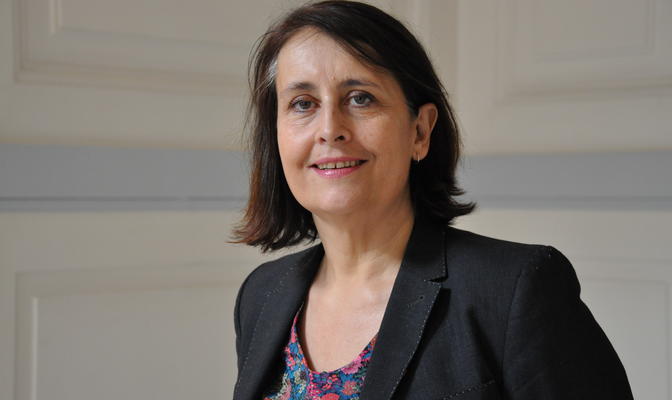EU studies at Sciences Po
EU studies at Sciences Po

 Florence Haegel, head of Sciences Po’s CEE
Florence Haegel, head of Sciences Po’s CEE
Interview of Florence Haegel, head of Sciences Po’s Centre for European Studies and Comparative Politics which organises together with the Sciences Po's Laboratory for the Interdisciplinary Evaluation of Public Policies the 9th European Consortium for Political Research - The Standing Group on the European Union Conference (13-15 june 2018) dedicated to "Contradictions – Whither the Political, Economic and Social Integration of Europe?".
How would you assess the place of EU studies at Sciences Po?
The story begins in the late 1980s when a group of scholars including Yves Mény, who was at this time full professor at Sciences Po before joining the EUI, Vincent Wright and Jack Hayward launched this new research dynamic, and later Jean-Louis Quermonne. At the beginning EU research at Sciences Po focused on European public policies and contributed to the academic debate on Europeanisation. These pioneers had to struggle with a state-centred approach that ignored how the EU challenged the French state and more broadly social science paradigms. Things have changed. Nowadays, the five departments at Sciences Po (history, law, economics, sociology and political science) deal with EU issues. For EU studies at Sciences Po, the new challenge might now be to convince that Europe still matters as the institution did take a global turn. I think we have now a lot of evidence to support this claim!
Is there a specific approach to studying the EU at the CEE and Sciences Po?
The CEE was founded in 2005 as a horizontal programme to coordinate and strengthen EU research all over Sciences Po. Renaud Dehousse, its first director is a famous scholar, well-known for his work on EU institutions. Thanks to him the CEE became a genuine and solid research center with permanent academic staff as iof 2009. Our approach of the EU is based on inter-disciplinarity, comparison, and methodological pluralism. We consider that research on the EU implies studying the transformation of European political societies...









